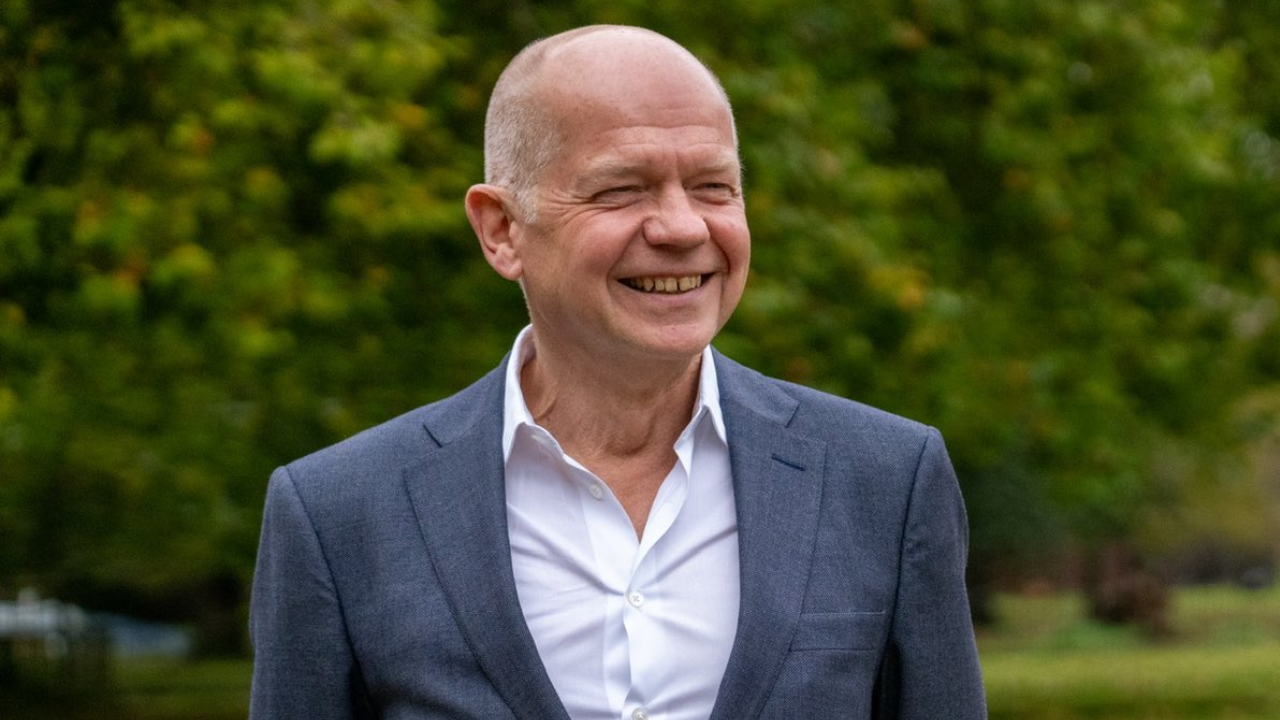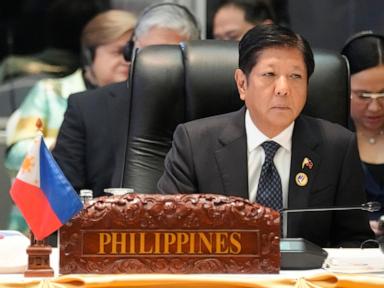ARTICLE AD BOX

Narges Mohammadi has dedicated much of her life to advocating for the rights of the people of Iran, including those languishing in the country’s prisons without access to proper medical care. The Nobel Peace Prize laureate is now in a similarly precarious position, as her health deteriorates within the confines of Iran’s notorious prison system. Mohammadi’s family tells TIME that her worsening health in is directly tied to the Iranian prison authorities’ withholding of vital medical care—which they describe as intentional effort to “eliminate” her.
[time-brightcove not-tgx=”true”]Mohammadi was finally hospitalized this week, after more than two months of requests, but her family and others advocating on her behalf say it won’t be enough to save her. “A mere transfer to the hospital will not address the severe issues caused by months of neglect and deprivation,” Mohammadi’s family tells TIME. “She must be granted medical furlough to receive comprehensive treatment for multiple conditions.”
Mohammadi’s most severe health issue involves complications with a major cardiac artery, which was stented in 2022 due to a 75% blockage. Her family said that repeated requests for medical intervention were repeatedly denied by officials at Tehran’s Evin prison as recently as Oct. 1. No one knows how long Mohammadi will be permitted to remain in the hospital before being returned to Evin which holds hundreds of political prisoners and dissidents. It is there that Mohammadi is currently serving a more than 13-year sentence, which last week was extended by six months after she protested the August execution of another prisoner.
Her family and allies fear that in her current condition, that kind of prison time amounts to a death sentence. “They cannot just kill her openly in the prison, and so denying medical treatment is a kind of subtle way of pushing her to death without accepting the responsibility of her dying,” her brother, Hamidreza Mohammadi, tells TIME from Oslo, “because if she dies from a heart attack, they will say it was just a heart attack.”
This isn’t the first time Iranian authorities have denied Mohammadi medical care. The 52-year-old activist has been in and out of prison since at least 2010, when she was arrested for her involvement with the Defenders of Human Rights Center, an organization founded by fellow Nobel Peace Prize laureate Shirin Ebadi. Mohammadi was held in solitary confinement for a month, during which time her brother says she was tortured. “She got sick, and then they had to take her to the hospital,” he says. “They didn’t want to release her, but she was in a terrible condition. She was almost paralyzed. She couldn’t walk.”
During a subsequent stint in prison, in 2018, Mohammadi suffered weeks of intense illness and muscle spasms before ultimately being transferred to a hospital for treatment, requests for which her family says were previously refused. Perhaps the most significant threat to her health came in 2022, when she suffered multiple heart attacks before ultimately being transferred to hospital for emergency heart surgery. Three days later, against medical advice and before she had fully recuperated, she was returned to prison, where she remained for three days before being released on medical furlough. One month later, she was rearrested and returned to prison, where she has remained since.
“Narges had planned to return to prison voluntarily at the end of her medical leave, and even announced it publicly on Instagram the night before,” her husband, the Iranian journalist and activist Taghi Rahmani, tells TIME from Paris, where he resides in exile with their teenage twins. “But that same day, just three hours before she was due to leave, authorities and security agents stormed our home, violently arresting her and taking her away.”
Withholding lifesaving healthcare is a feature, not a bug, of Iran’s prison system. According to a 2022 report by Amnesty International, the deliberate denial and delaying of care has resulted in the deaths of at least 96 people in Iranian custody since 2010. The vast majority were under the age of 59, raising concerns that lives are being cut short by the denial of healthcare. Amnesty attributes the trend to prison officials operating “amid a culture of impunity for torture and other ill-treatment,” and concluded the practice “is an intentional act of cruelty intended to break [prisoners and their families] spirit of resistance, punish them for their dissent, or even bring about or hasten their demise.”
Mohammadi’s spirit of resistance apparently remains strong. From the confines of the women’s ward of Evin prison, she has organized sit-ins, workshops, and protests against the Iranian government’s human rights violations, some of which were met with violence by prison guards. She boldly documented the suspicious fire that erupted in Evin Prison in 2022 during the nationwide “Woman, Life, Freedom” uprising. Mohammadi was still incarcerated when the Nobel committee announced her award a year later. Her children attended the ceremony in her stead, reading her letter vowing, “The Iranian people will dismantle obstruction and despotism through their persistence. Have no doubt – this is certain.”
For human rights activists, a Nobel prize can act as a shield. It may not work that way in Iran. Ebadi, who won 20 years earlier, wrote of Iranian agents plotting to disgrace her marriage. Mohammadi’s brother says that, after the ceremony in Oslo, prison authorities cut off the new laureate from all contact with her family.
“The regime is just angry that a woman in Iran is recognized for her activism,” he says. “It’s also pretending or showing to the world that they don’t care if she’s a Nobel Peace Prize winner or not. They will do whatever they want.”
.png)
 3 weeks ago
1
3 weeks ago
1








 English (US)
English (US)